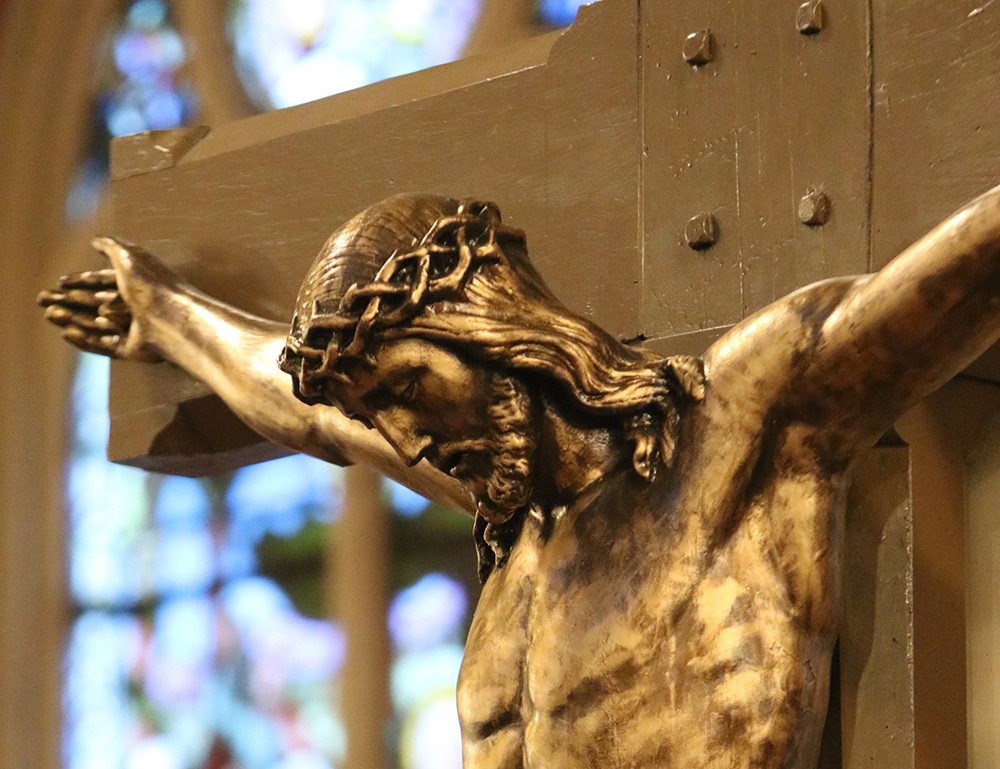
Among all the religious symbols in the world none is more universal than the cross. Rene Girard, an anthropologist, once commented that “the cross of Jesus is the single most revolutionary moral event in all of history.” What is so morally revolutionary in the cross? Precisely because it such a deep mystery, the cross is not easy to grasp intellectually. The deeper things in life, love, fidelity, morality, and faith are not mathematics, but mysteries whose unfathomable depths always leave room for more still to be understood.
The cross is seen as revelation, and as being redemptive. Both concepts, even to the limited extent that we can intellectually understand them, are thoroughly morally revolutionary. Christianity is 2000 years old, but it took us nearly 1900 years to fully grasp the fact that slavery is wrong, that it goes against heart of Jesus’ teaching. The same can be said about the equality of women. Much of what Jesus revealed to us is like a time-released medicine capsule. Throughout the centuries, slowly, gradually, incrementally, Jesus’ message is dissolving more deeply into our consciousness.
There have been popes for 2000 years, beginning with Peter, but it was only Saint Pope John Paul II, who stood up and said with clarity that capital punishment is wrong. Mark, the Evangelist, speaking as a disciple of Jesus, puts it another way: For him, the cross of Jesus is the deep secret to everything. To the extent that we don’t grasp the meaning of the cross, we miss the key that opens up life’s deepest secrets. When we don’t grasp the cross, life deep mysteries become a riddle.
